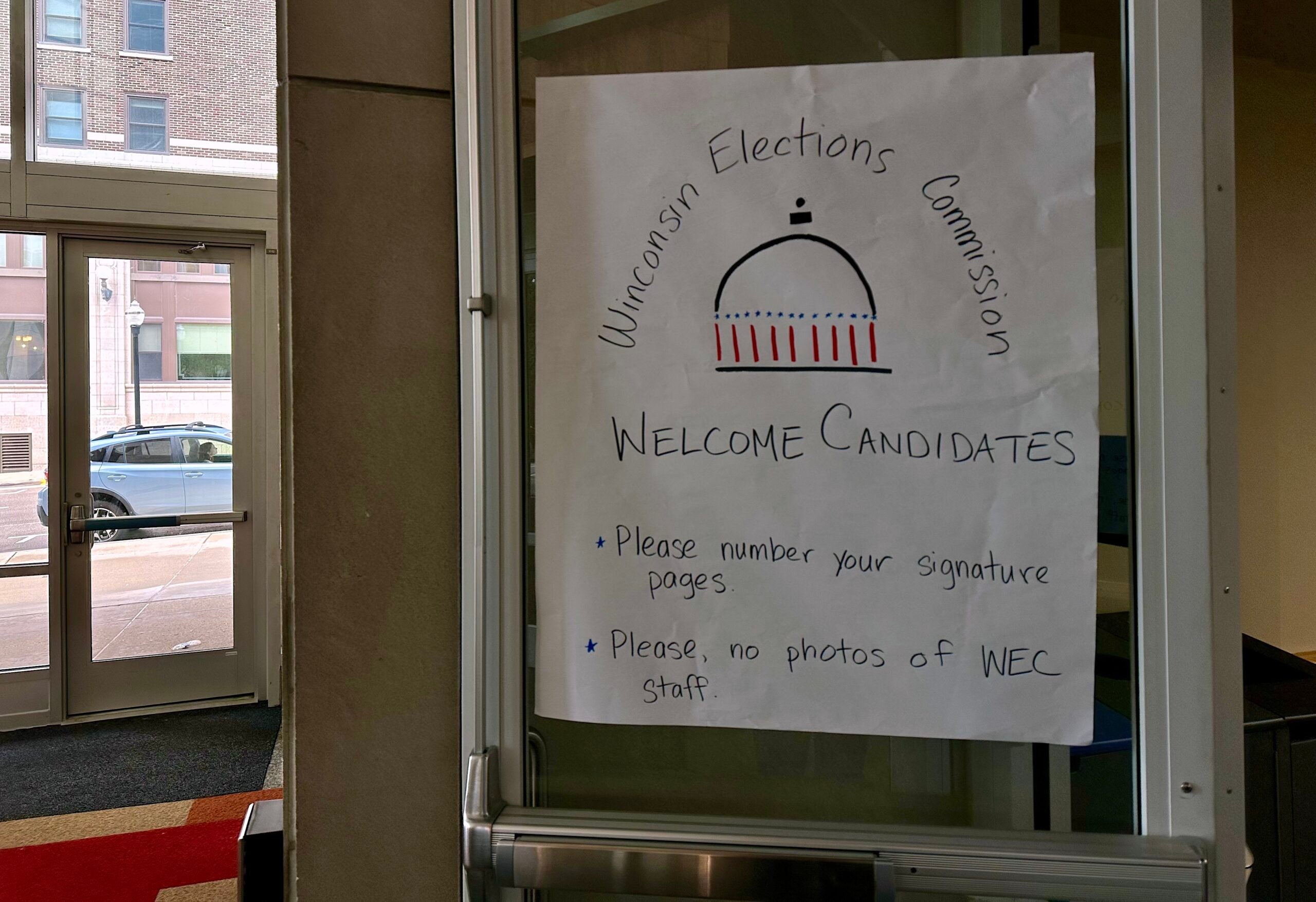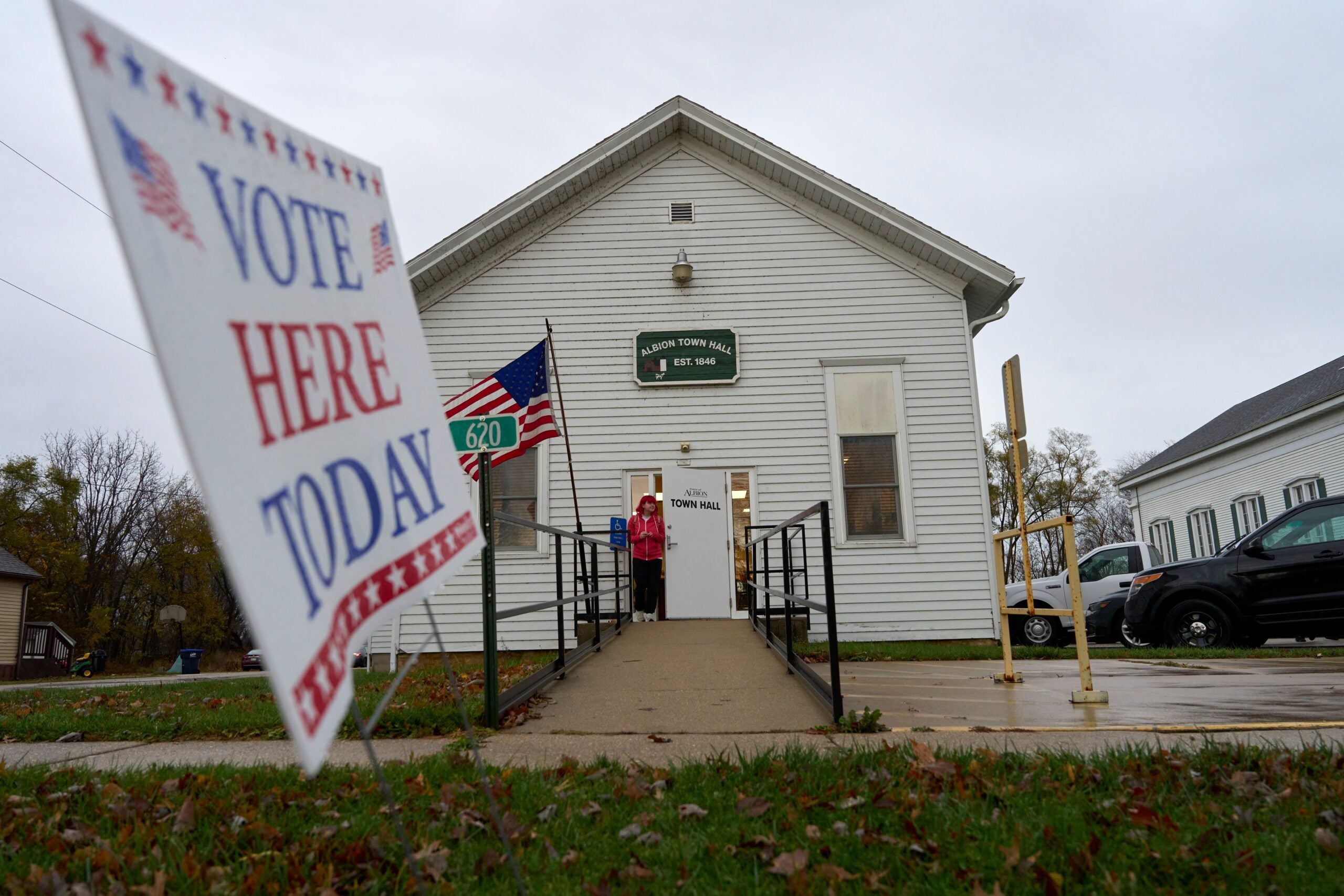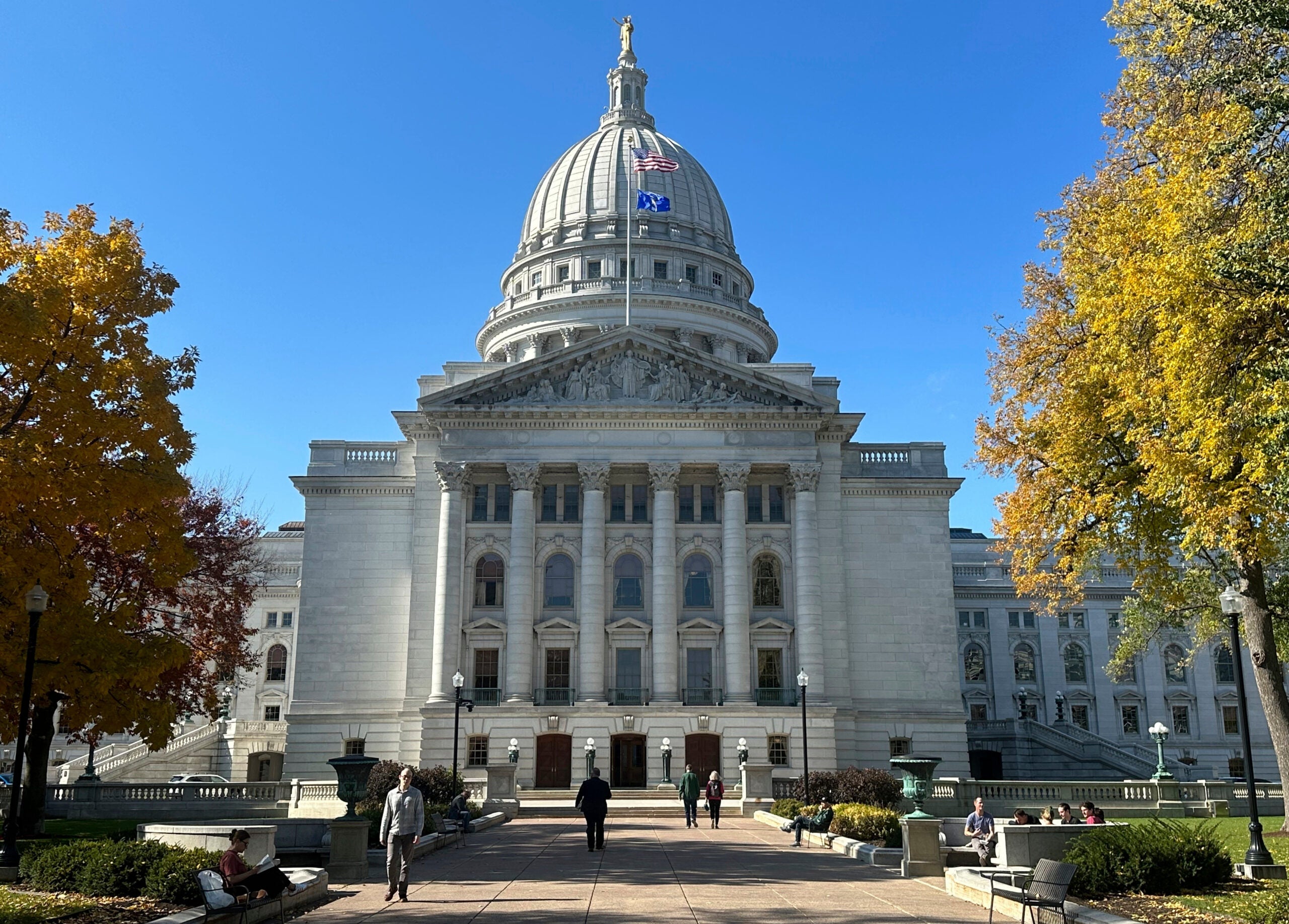A conservative law firm is suing the Wisconsin Elections Commission for records tied to guidance the firm claims doesn’t state law on verifying addresses of people who register to vote on Election Day.
The Public Interest Legal Foundation is known for lawsuits aimed at purging state voter rolls. In the lawsuit, filed Thursday in Dane County Circuit Court, the organization claims the commission has withheld communications between the commission, clerks and district attorneys for more than a year.
The guidance at the heart of the lawsuit advises clerks on what to do if “Election Day Registration” or EDR postcards are returned to their offices and marked undeliverable. The postcards are used to verify the address a voter gives at the polls when registering the day of an election.
Public Interest Legal Foundation President J. Christian Adams said Wisconsin law is clear that if an EDR postcard is returned to a clerk, they’re supposed to suspend that person’s voter registration and refer them to the local district attorney for potential criminal charges. He claims the commission’s guidance “advised clerks not to follow that law.”
“We just want to get a better understanding of why Wisconsin Elections Commission officials would have been doing that,” Adams said. “And so, we asked for the records, they didn’t turn them over, and a lot of time has gone by.”
A spokesperson for the Wisconsin Elections Commission didn’t immediately respond to a request for comment on the guidance and lawsuit.
News with a little more humanity
WPR’s “Wisconsin Today” newsletter keeps you connected to the state you love without feeling overwhelmed. No paywall. No agenda. No corporate filter.
A copy of the commission guidance, posted by the Public Interest Legal Foundation, advises clerks to look on the returned EDR postcard for obvious address errors made by election officials or the post office and correct those errors in the state’s voter registration database so that a new postcard can be sent.
It also outlines state statute specifying that clerks are required “to inactivate the voter record, mail the voter a notice of change of status, and notify the District Attorney and the elections commission.” However, the guidance also cites a different statute stating that a voter’s registration should not be deactivated unless a clerk believes “beyond a reasonable doubt” that the voter “does not qualify as an elector or is not properly registered.”
The guidance was approved in February 2023 by a unanimous vote of the commission’s three Democratic and three Republican appointees.
The Public Interest Legal Foundation is also suing the Elections Commission in federal court, asking a federal judge to declare the agency is violating the federal National Voter Registration Act because the WEC charges money for it’s voter registration list and does not include voters’ dates of birth in its data.
Wisconsin Public Radio, © Copyright 2025, Board of Regents of the University of Wisconsin System and Wisconsin Educational Communications Board.






